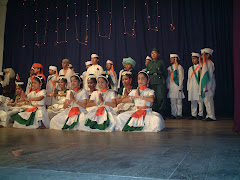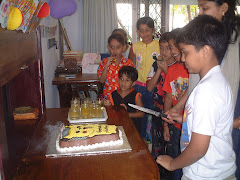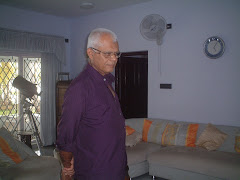As the New Year dawns, the world is again a mute witness to a massacre.
310 people killed and more than a 1000 reported injured in the first 48 hours alone.
At this point, if you are inclined to shake your head in disbelief because you have not heard of this, you are not to be blamed. This news will never assume enough importance to tug at the conscience of the average Westerner. Not because they do not care. Because they will not know. Because their governments would have simply brushed it under the carpet. Because these lives have been deemed cheap.
The facts are simple. Israel has illegally occupied West Bank and Gaza strip since 1967. During the last 7 years, 14 Israelis have been killed by mostly homemade rockets fired from the Gaza strip in desperation, while more than 5000 Palestinians were killed by Israel with some of the most sophisticated US weapons. Israel has punished the 1.5-million people in the Gaza strip with an inhuman blockade of essential supplies since Hamas was elected democratically to power by the Palestinian people in 2006.
Ah but the Jews were so persecuted by the Nazis, where will they live? Surely so many atrocities have been committed against them, surely we must protect them?
Who committed the atrocities against Jews? Who were the perpetrators of the Holocaust?
From the way the world is now, it would have made more sense if the aggressors had been Palestinians/Muslims. Then their collective punishment and humiliation would have some explanation.
The truth is that the Western governments are responsible for the mass murder of the Jews. Now they are in the throes of a perpetual guilt complex and will not realize that the innocent child that they traumatized and then rescued has now grown up to become a bully, a psycho who kills without conscience. Such is the absence of logic and reasoning when it comes to Israel.
Muslims do recognize the need for Israel to have its right to exist but so do the Palestinians. Common sense says that you cannot grab one baby’s bottle to feed another. That is exactly what Europe and US have been doing for Israel at the expense of the Palestinians.
The rest of the world understands that executioner and victim cannot be deemed equal. We do cry when we remember the Holocaust and honour the Jews that were killed unjustly but we are ever aware of the role Israel is now playing in tormenting the Palestinians, trampling their rights, eroding their credibility and culture to the point of their extinction. Recognizing one does not negate the other.
I begin this year with a silent prayer for a peaceful solution to the misery of the Palestinians and insecurity of the Israelis that will enable both to live with dignity, mutual respect, prosperity, and peace.
















